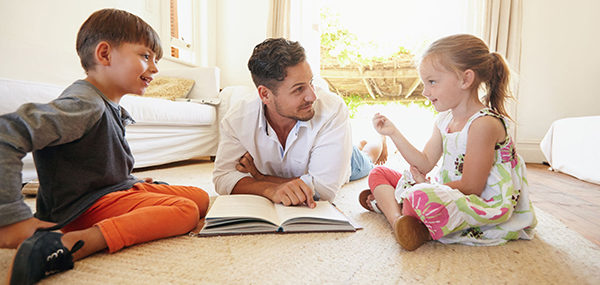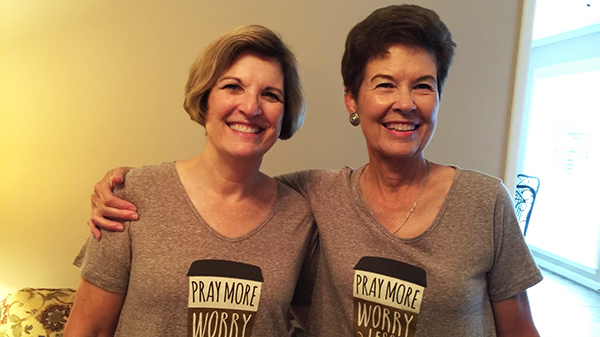Before giving birth to her daughter, Melissa experienced several miscarriages. Following the birth of her daughter, she experienced several more miscarriages before giving birth to a son six years later. Each time, her young daughter had been excited about the baby, and each time she too grieved the death.
Helping children cope with a loss while you are grieving yourself is one of the most challenging tasks a parent will ever face. Like adults, children may exhibit very different responses to death. Some may display anger or sadness very openly. Others may hold their feelings inside and withdraw. Some children may think they are going to die or feel like they are to blame for the baby’s death.
Communicate clearly
Though a child’s age and maturity will play a role in how they respond to their grief, all children can cope better with grief when they know what’s happening. The following suggestions from the March of Dimes can help parents and caregivers talk about miscarriage with children:
- Talk with them about death using simple, honest words. You can say things like, “The baby didn’t grow,” or, “The baby was born very tiny.” Don’t use words that may confuse or scare them, such as, “The baby is sleeping,” or, “Mommy lost the baby.”
- Read them stories that talk about death and loss. Your local funeral home, library or school may have children’s books that may help them understand death.
- Encourage them to ask questions. Give as much information as your child needs.
- Be aware of changes in your children’s behavior. They may be hurt, confused and angry, just like you. Younger children may be clingy or cranky. They may act in ways or do things that they haven’t done since they were younger. Older children may be worried about school, friends or sports. Or they may show no reaction at all to the baby’s death. They also may ask questions that you think are rude or uncaring. These are normal reactions. Be as patient and loving as you can.
- Tell them they are not going to die.
- Tell them that no one is to blame for the baby’s death.
- Ask them to find their own ways to remember the baby. Older children may want to go to the memorial service or funeral.
- Younger children can draw a picture or make a keepsake for the baby.
- Ask a counselor to meet with you and your children to help all of you understand your feelings.
- Tell your children’s teachers and other caregivers what has happened so they can support your children too.
For more information, visit www.marchofdimes.org. (March of Dimes, TAB)






Share with others: